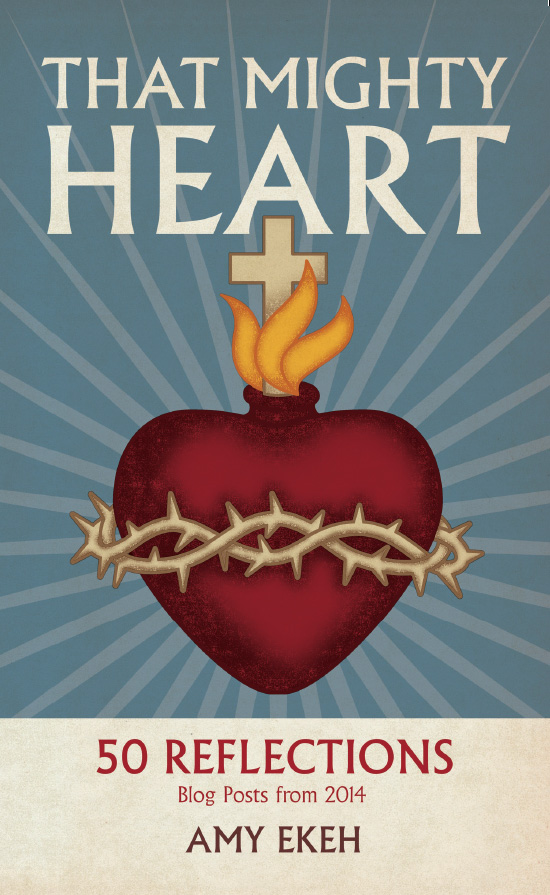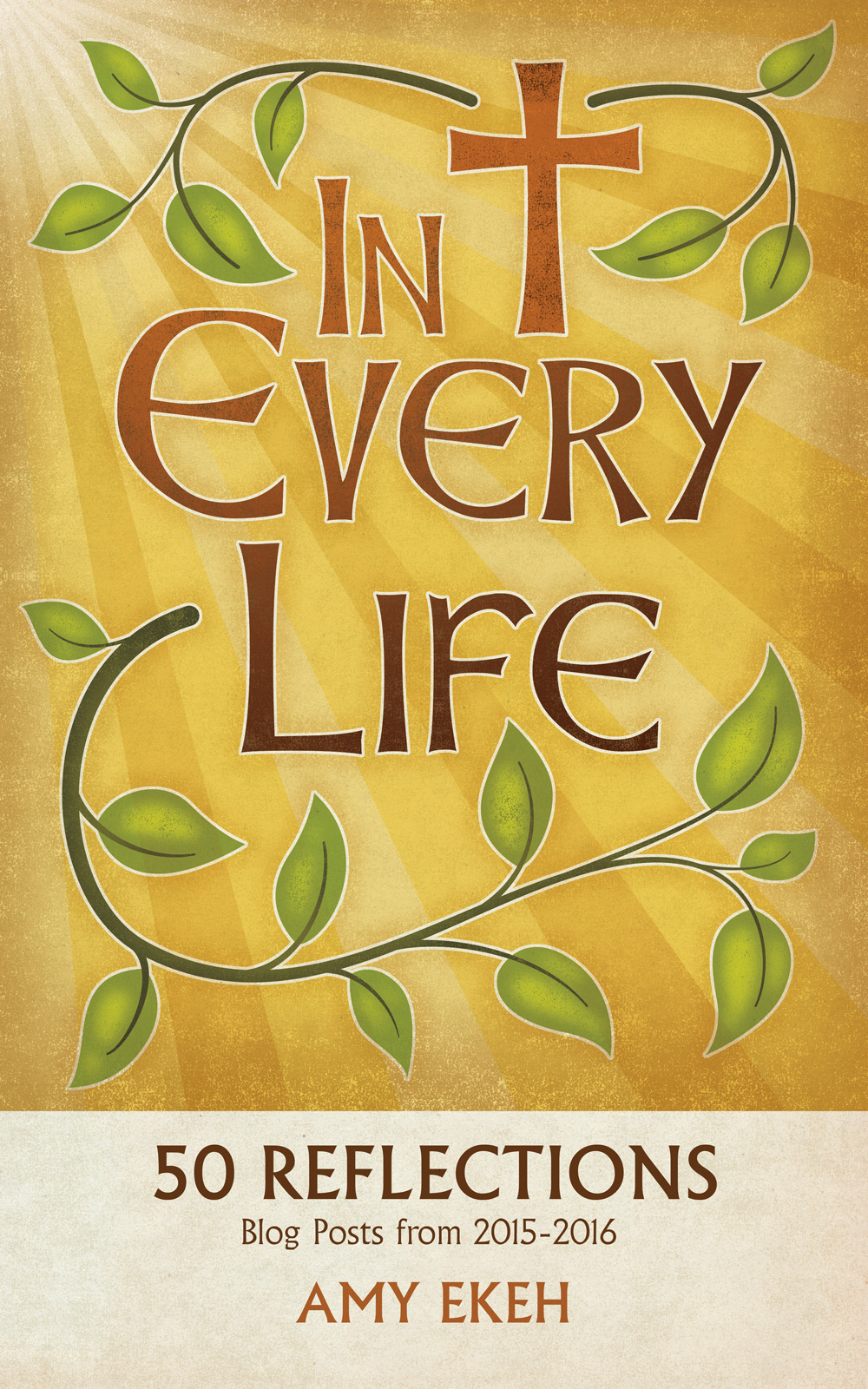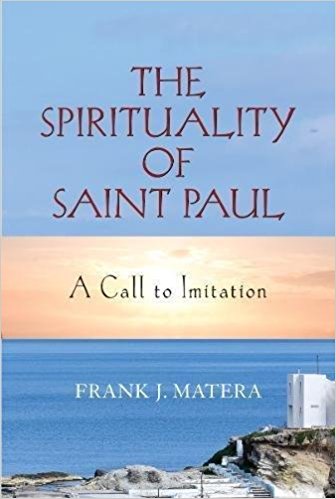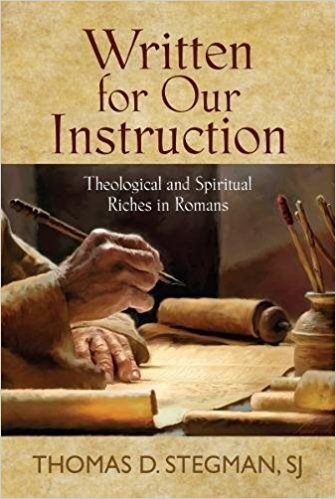If you are looking for brief, informative commentary on the Sunday Gospels, you might consider subscribing to Catechist magazine! My role at Catechist is to write commentary and reflection for every Sunday Gospel (September through May). The commentary helps catechists better understand and share the weekly Gospel with their students, but it can also be used by individuals or faith-sharing groups as a resource for reflecting on the Sunday Gospels together. If you would like to see an example, you can view September’s “The Sunday Gospel” feature from Catechist magazine by clicking here. It's a great time to become a new subscriber -- this year Catechist is celebrating 50 years of helping catechists and catechetical leaders in their ministry, and they've made some exciting changes to their magazine and website. Click here to visit Catechist magazine's new website!
And since I don’t “advertise” too often...
...just a reminder that my books That Mighty Heart and In Every Life are available on amazon.com, and my new book Lent: Season of Transformation, part of a new series by Little Rock Scripture Study, is available for pre-order on amazon.com (release date is October 15, 2017).
And while I’m at it, here are a few recently published books that I highly recommend...
The Spirituality of Saint Paul: A Call to Imitation by Frank Matera, Paulist Press. Fr. Matera’s latest book is a readable and very helpful book on St. Paul's spirituality. It will help you wrap your mind around some major themes in Paul's letters and then reflect on how they apply to your life. Fr. Matera writes of seeking a Pauline spirituality in his own life. This book is no doubt the fruit of both his outstanding scholarship and his lived experience.
At Play in the Lion’s Den: A Biography and Memoir of Daniel Berrigan by Jim Forest, Orbis Books. Jim Forest, biographer extraordinaire, has given us the story of the inimitable Fr. Dan Berrigan, a Jesuit priest and activist of the 20th century. Jim has done his research but also has the priceless advantage of having been a friend of Dan’s and a fellow peacemaker through the years. The cover of this book alone tells a story, along with quotes such as this one from Dan Berrigan: “If you want to follow Jesus, you had better look good on wood.”
Written for Our Instruction: Theological and Spiritual Riches in Romans by Thomas Stegman, S.J., Paulist Press. Fr. Tom Stegman, Dean of the Boston College School of Theology and Ministry, is a proven scholar whose head is not "in the clouds." That’s why I like him and his work. I look forward to reading this book about St. Paul’s monumental letter to the Romans. It’s guaranteed to be 128 pages of solid commentary and insight.
Click on the titles below for more information!









